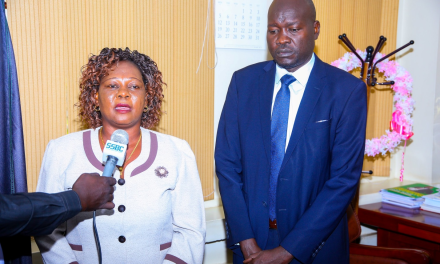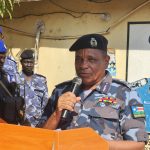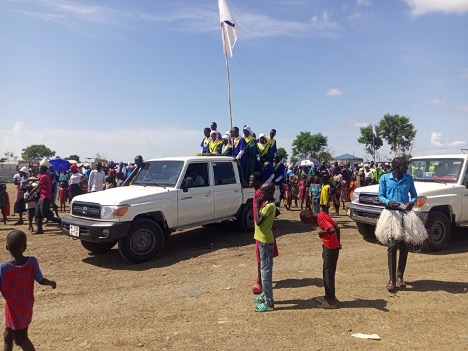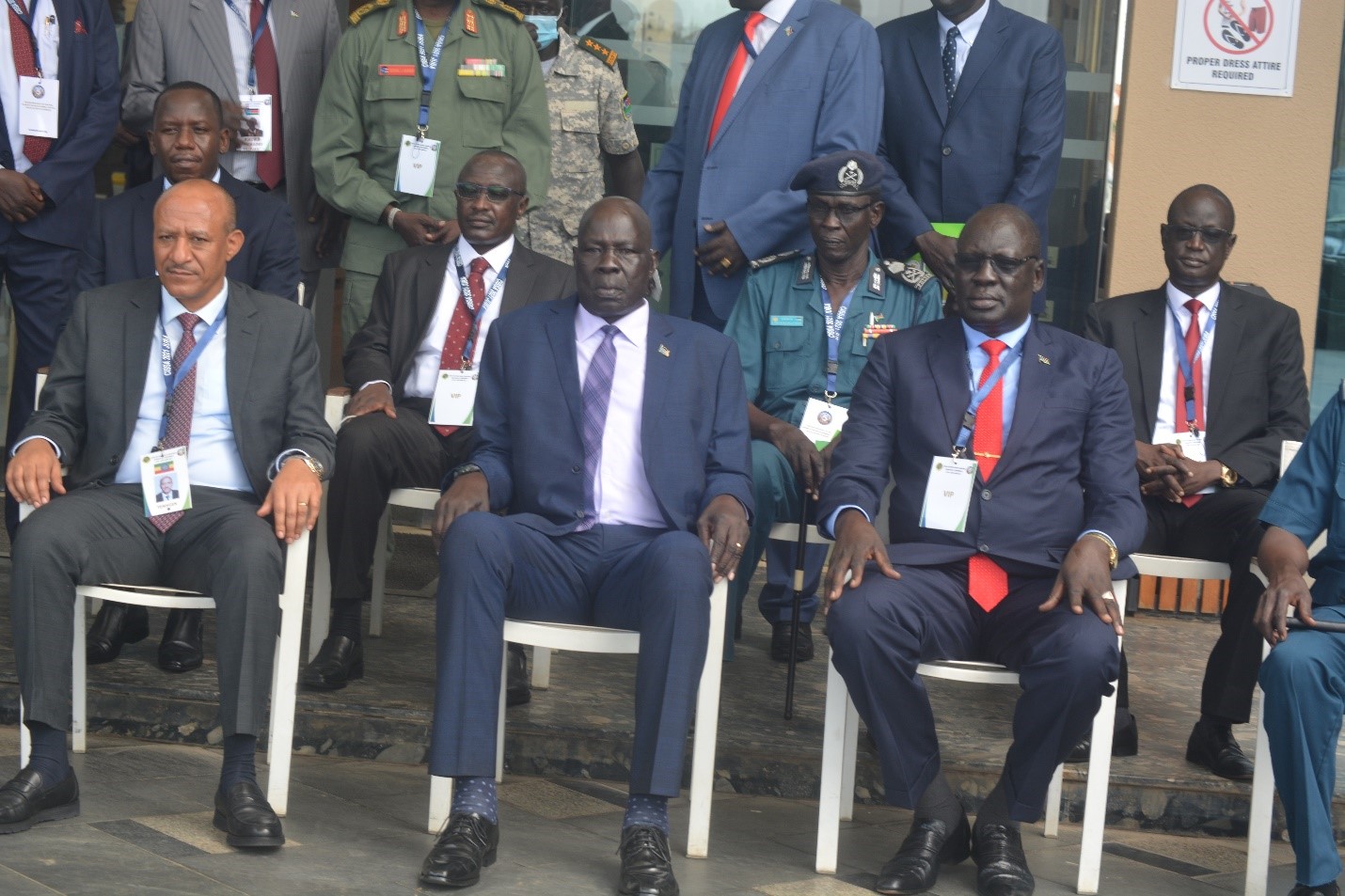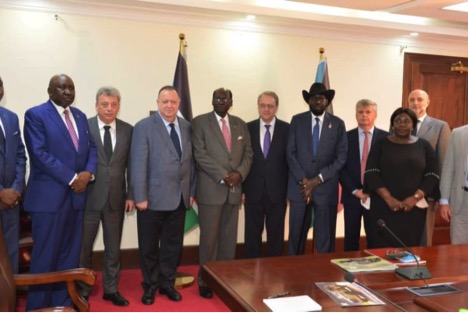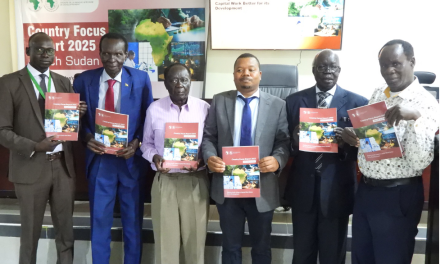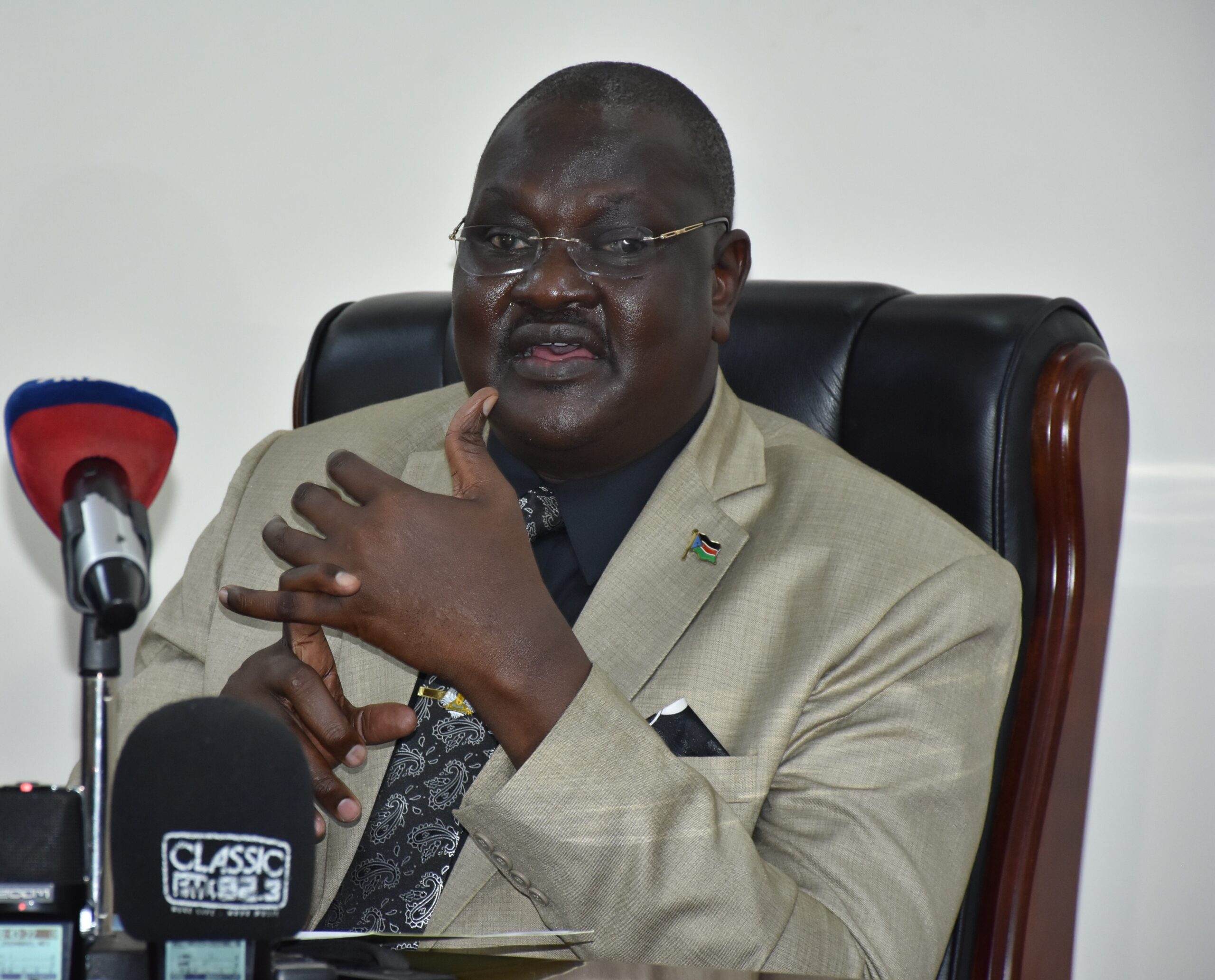
South Sudan’s National Union of Private Schools Demand dialogue with government.
Proprietors of private schools in South Sudan have rejected to follow a directive from South Sudan’s National Ministry of Education which fixes school fees charged by private schools.
The owners of the private schools said South Sudan is a free market economy and there is no way the government can fix the price of school fees that private schools should charge.
“There are three types of economies, mixed, socialists and capitalist which is actually a free market economy, South Sudan is a free market economy, why is the government trying to fix the price for us, what about the health sector, is the government fixing the prices charged in private hospitals?” Asked Achier Manyuat John, Vice President of South Sudan’s Union of Private Schools and Director, St. Lawrence School.
John said what the owners of private schools charge as school fees has connection with the current economic situation.
“We buy food, water, papers and other scholastic materials from the same market where everything is expensive, has the government subsidised prices of goods in the market for private schools?.” Asked John.
Noble Arem Riak, Interim Secretary General of South Sudan’s Union of Private Schools and Director of Darling Wisdom School said, “Before schools were closed, I used to buy water at seven thousand Pounds every day, if you look at that and calculate how much money I could spend on water alone in three months then you cannot even talk of fixing the amount of money that I have to charge as fees, some schools are renting premises, then you have payment of teachers, some of these teachers are imported.”
“We were not consulted, the meeting we had we had with the Deputy Minister was an informative meeting but not a consultative meeting.”Said Nabucha Davson, Director of African Inland Church Nursery and Primary School, Gudele. He further said the Union of Private Schools will have to meet with officials from education ministry and South Sudan’s Vice President for Service Cluster, Hussein Abdelbagi Ayi.
The proprietors of the private schools argue that they play a key role in not only providing education but also improving the quality of schooling in the country and that they can only do that by charging reasonable amount of school fees.
They say joining private schools is optional and those who feel private schools charge a lot of money can take their children to government/public school.
The reaction from the owners of the private schools follows a circular issued on Thursday by South Sudan’s Ministry of General Education and Instruction fixing the price for private schools at eighty thousand South Sudanese Pounds (80,000SSP) for private day schools and two hundred thousand South Sudanese Pounds (200,000SSP) for private boarding schools.
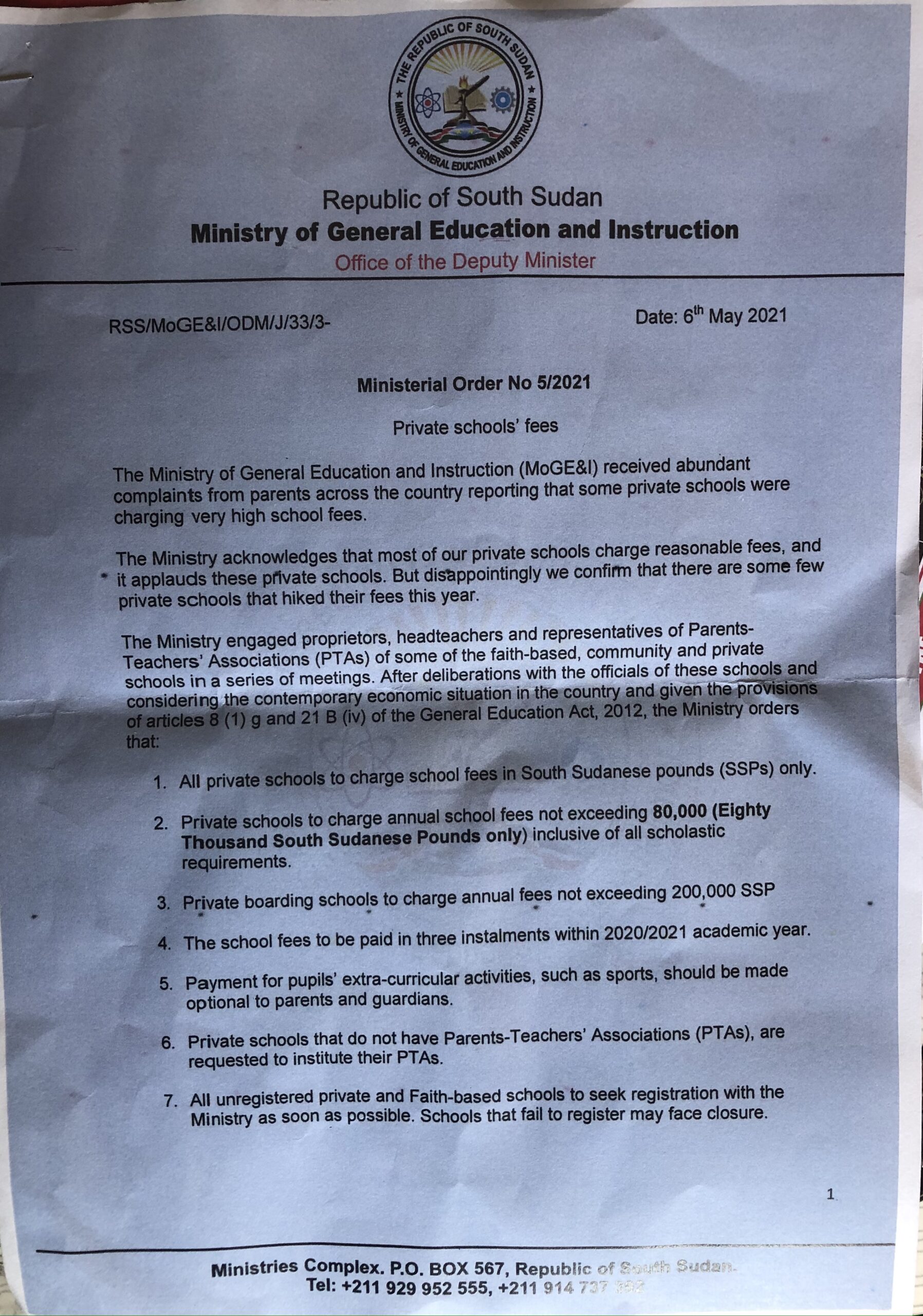
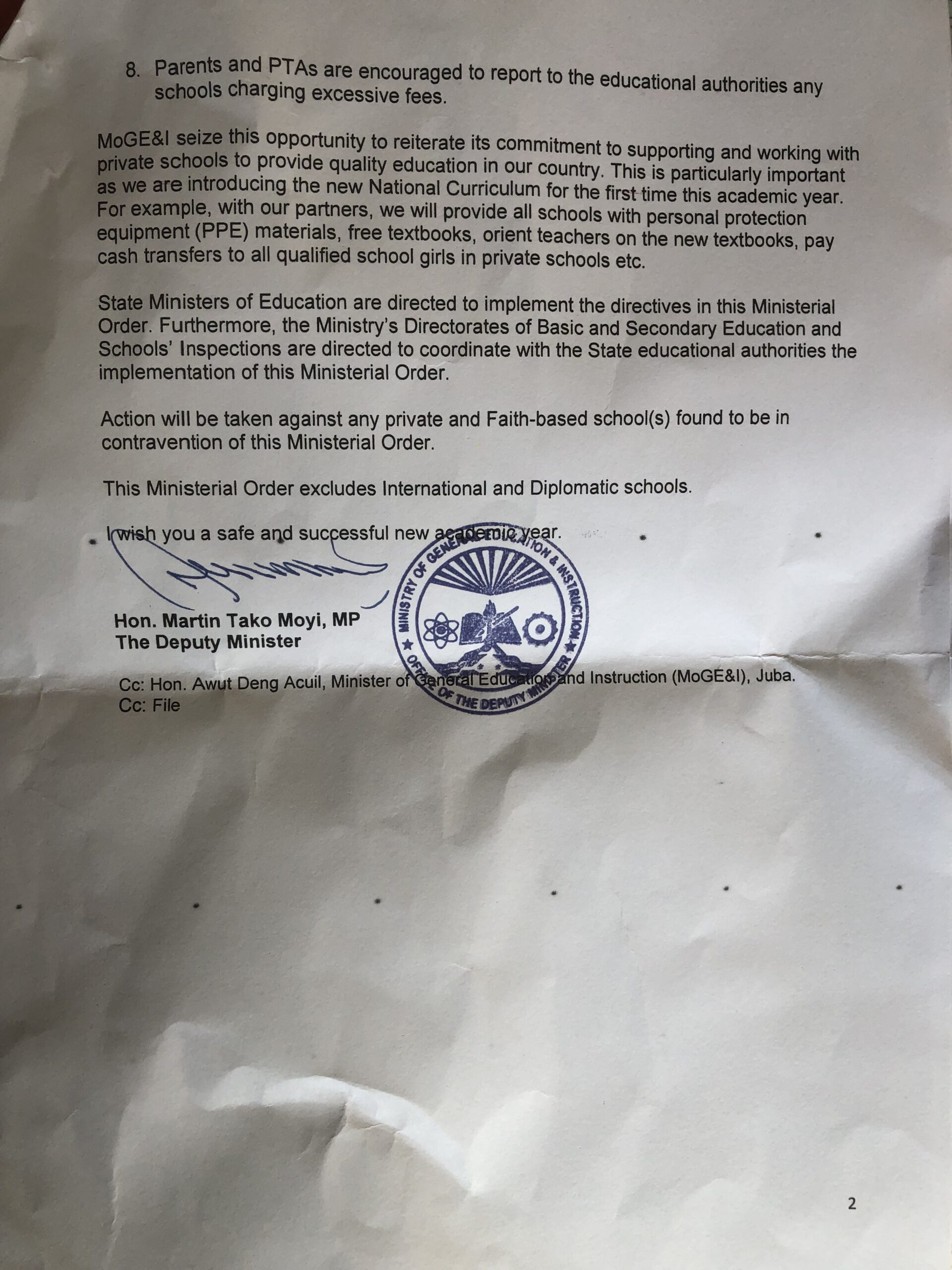
The government gave the reason for fixing the price as being complaint it received from concerned parents who said they could no longer afford to take their children to private schools because private schools were charging very high school fees.
A spot check by Juba Echo team found out that African Inland Church Gudele is charging fifty two thousand South Sudanese Pounds (52,000SSP) per term without other requirements, African Inland Church Hai Game charges thirty thousand South Sudanese Pounds (30,000SSP) per term.
Sr. Victoria Akot, head teacher from Bishop Mazzoldi Primary School said. “Last year, we charged 40,000 SSP per year, this year, we are charging pupil at 60,000 SSP per year due to the current economic crisis.”
Another head teacher, Mr. Sokiri Felix, Head Teacher of the Marykolong Primary School said that the school is charging 83,000SSP- per year.
Majok James, Head Teacher from the Big Ben Secondary school stated that they are charging student 55,000SSP per year.


